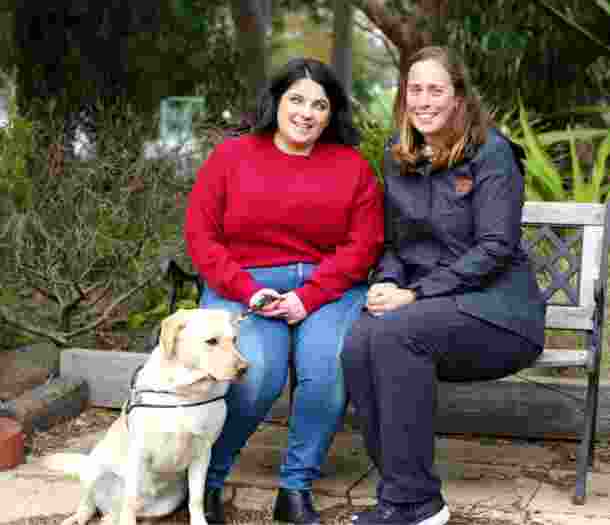On this page:
About our support
We offer a wide range of versatile supports to meet the unique needs of a range of patients from newborns to mature adults.
- Occupational Therapists support people to achieve individual goals in everyday life, including personal care, domestic tasks, and recreational activities.
- Orientation & Mobility Specialists work with people to identify personal mobility goals to be safe and independent accessing their community, using public transport, crossing roads and more.
- Assistive Technology Specialists understand the best equipment to support independence with a range of activities.
- Counselling support can help you build strategies to overcome any difficult feelings and continue living a fulfilling life, no matter where you are in your low vision journey.
- Leisure and lifestyle programs help you to connect with other people to form new friendships, enjoy activities and share stories and experiences.
- Guide Dog Mobility training provides skills and techniques to establish trust in your specially matched Guide Dog. Together, you can walk freely and feel confident regardless of your vision level.
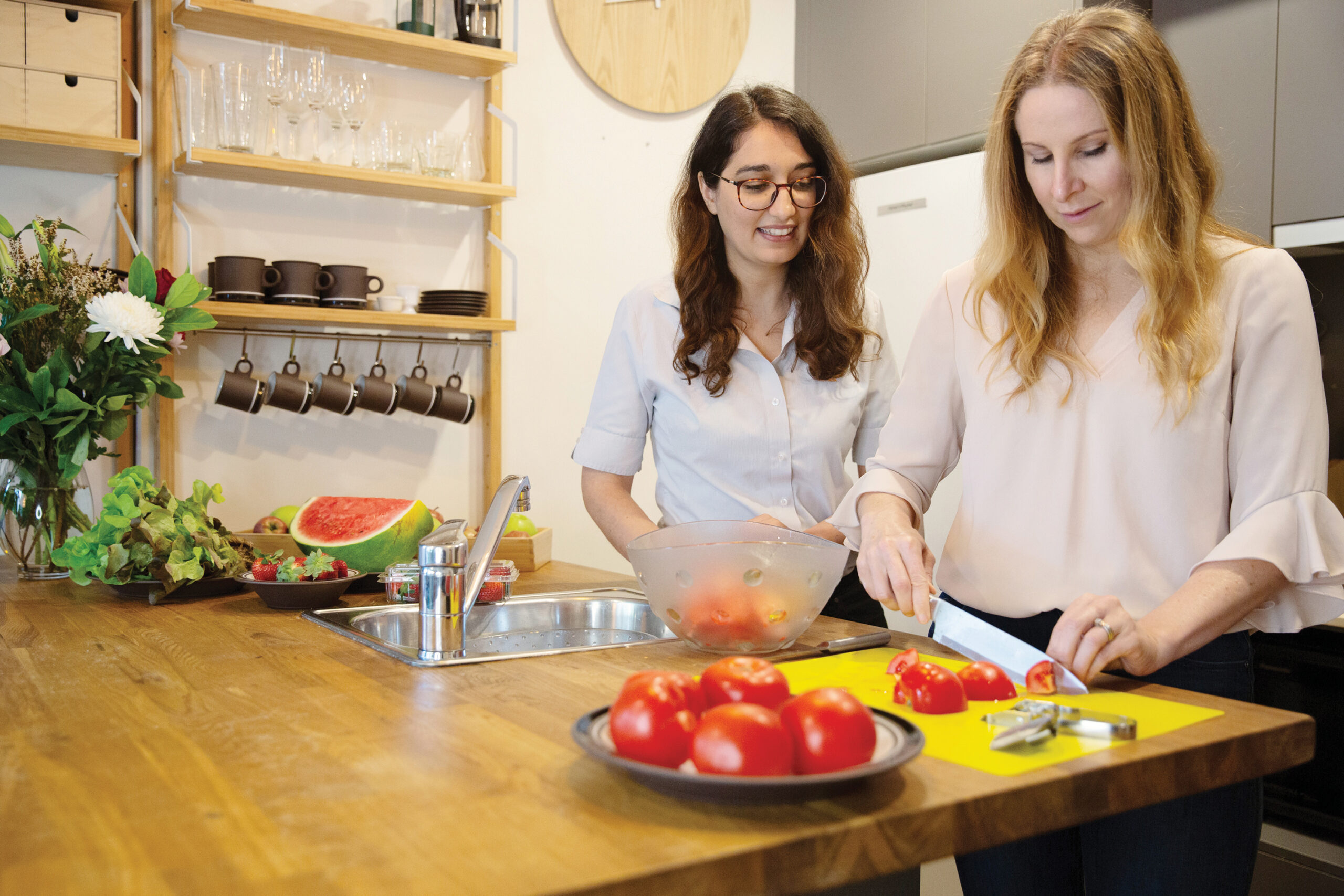
Support for Carers
Partners, family and friends often play a big part in assisting loved ones with vision loss.
We’re here to support you, to support them.
We know how important it is that you feel confident and have the right knowledge and skills to be able to best support the person you care for. Together, we can support your loved one to live life with confidence.
Our highly experienced and friendly team will work with you and your loved one to reach their identified goals and live a life of independence.
To find out more about how we can support you, to support them, call our friendly team on 3500 9060, email clients@guidedogsqld.com.au or complete our online contact form below.
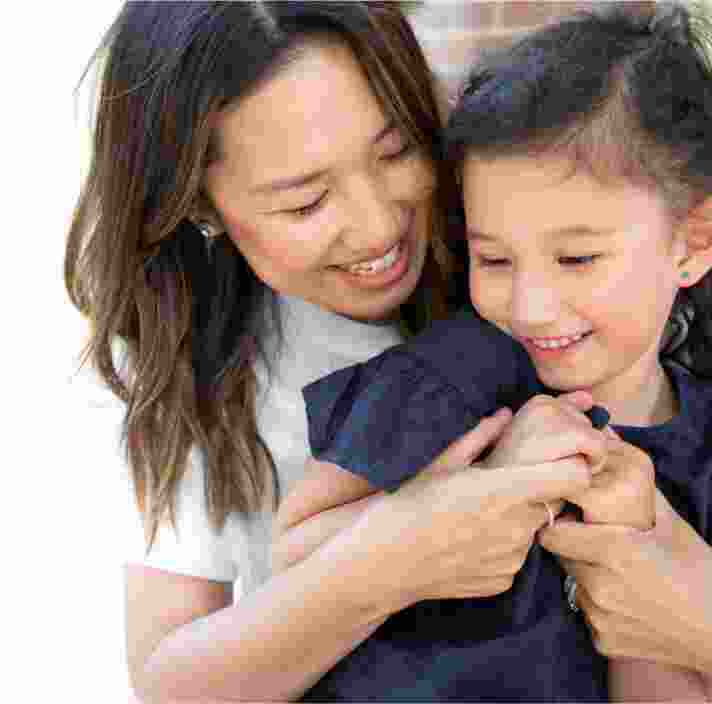
Options for financial assistance
Financial assistance.
Guide Dogs Queensland can provide services through the following funding programs:
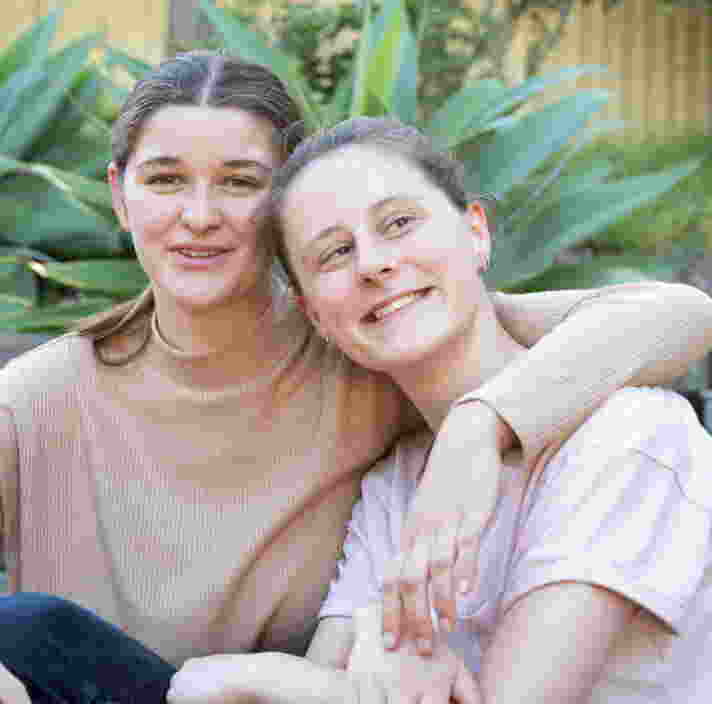
Referral
Considering a referral.
Do you have a patient diagnosed with any of the following conditions?
- Partial / Total Vision Loss
- Glaucoma
- Anirida
- Ocular Albinism
- Hereditary vision loss, e.g. Retinitis Pigmentosa
- Age Related Macular Degeneration
- Visual field loss from brain injury e.g. Hemianopia
- Visual Agnosia
Whether your patient is young or young at heart, recently experiencing vision changes, or living with long-term vision loss, we’re here to support them in achieving their goals.
If you’re ever unsure, call us for a chat on 1800 810 122.
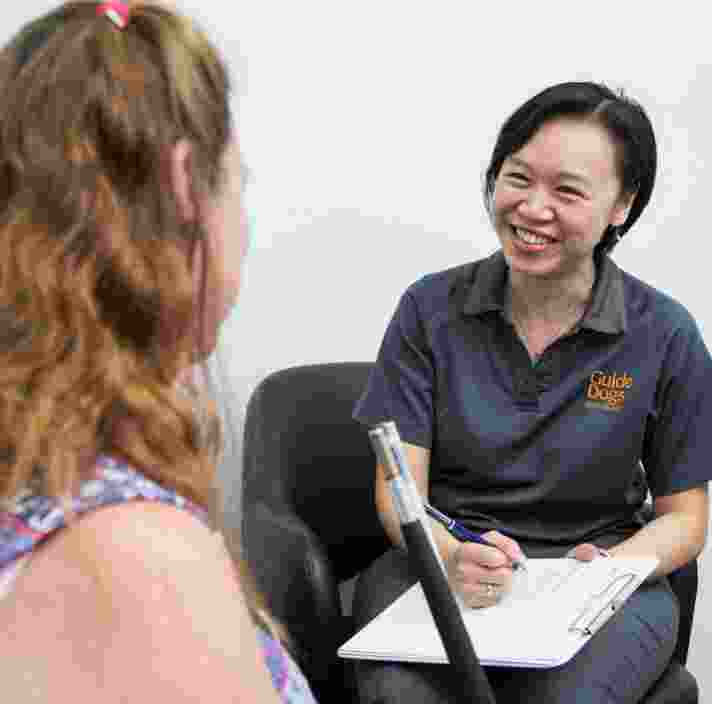
When to refer
Situations when you might refer.
For example, a patient who has had a recent stroke may experience difficulties due to functional vision loss—without a clinical presentation—which may create challenges for their wider rehabilitation program because of issues with awareness, balance or mobility.
A person struggling with low vision might experience difficulty with:
- Independence in the home: For example, difficulty handling tools in the shed or maintaining safety in the kitchen and bathroom.
- Personal care: For example, difficulty grooming, identifying clothes and managing hair or makeup.
- Technology: For example, struggling to use devices like phones, TVs or computers.
- Recreation: At school, out shopping or within the community.
- General mobility: Consider making a referral in any instance where you’re unsure how a person will travel home, if they have experienced any unexpected falls, or suffer common headaches.
- Counselling: To help you overcome any difficult feelings and continue living a fulfilling life, no matter where you are in your low vision journey
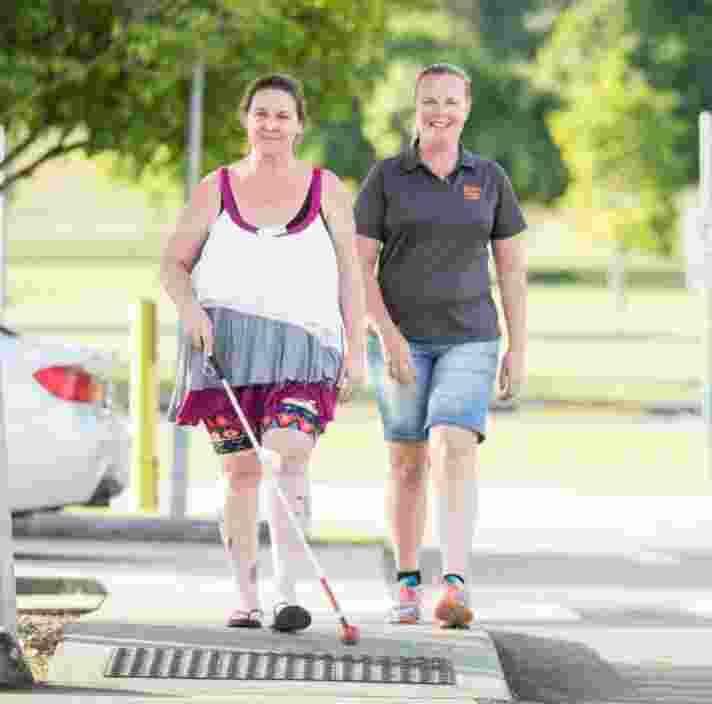
What to include in your referral
When referring, it's always beneficial to provide as much information as you can.
In an ideal case, your referral will include each patient’s:
- Discharge summary
- Vision report
- If they have funding eg. NDIS or a Funding status, e.g. NDIS Participant
- Additional context or supporting information
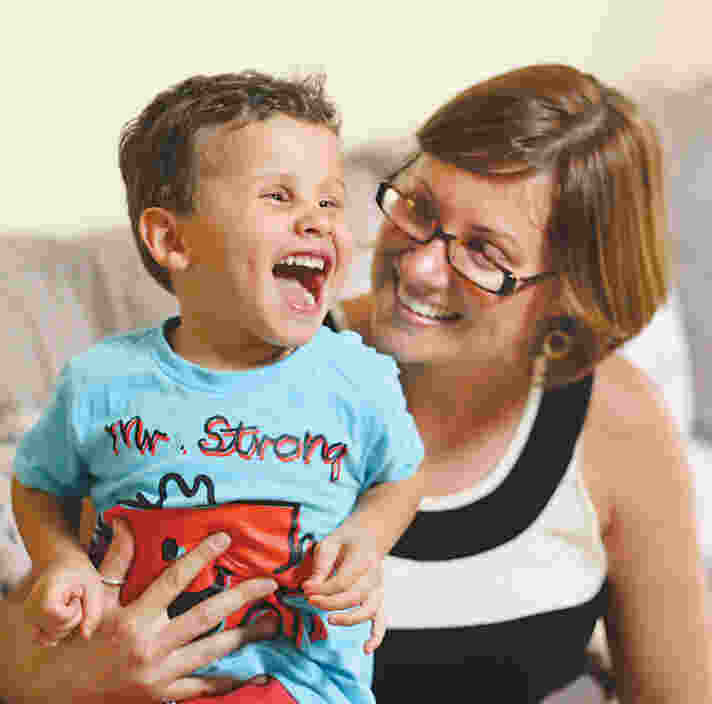
Refer a patient now
Take the first step towards your patient's goals.
Ready to continue?
Seems like you have filled this form earlier. Let’s pick up where you left off.
